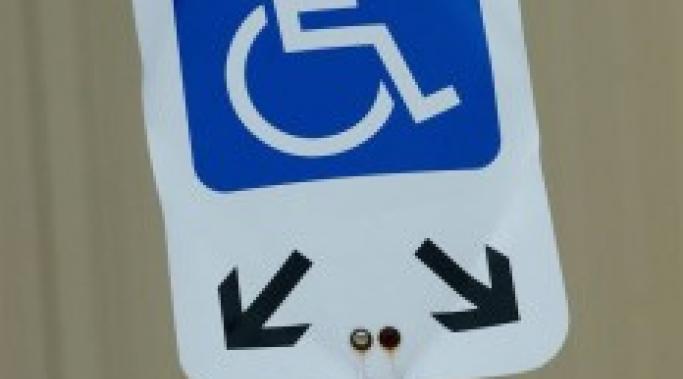Last week, I discussed the good, the bad and the ugly of what my stay at a psych hospital was like. While my experiences at were both good and bad, I did learn from my stay at the psych hospital.
Breaking Bipolar
I was diagnosed with bipolar about 16 years ago and it took years for me to find an effective treatment. At the time, I was very suicidal but I wouldn’t go to a hospital. I said, and I really meant, “I would rather die than go to one of those places.” But, much to my surprise, a few years later, when I was again very suicidal, I checked myself into one of those places. I stayed in a mental hospital.
One of the horrific aspects of suicide is how helpless other people are to stop someone who truly wants to die. I have said before and I will say again that even one suicide is too many and we all have to work together to end the rash of suicides that affect so many of our youth (among others). But one hard truth that we have to accept is that we are really helpless when it comes to one person’s individual suicide.
I don’t really go around shouting the fact that I am disabled. I have an invisible disability so I suppose that affords me the luxury of not having people know. But, in fact, severe bipolar disorder is a disability. Ask anyone who lives with it. They will tell you how disabling it is. It’s horrendous. And, in Canada, we have a disability tax credit. It’s supposed to making working a little bit easier for people with a disability. Well, I have a disability and I was denied the disability tax credit.
I don’t like New Year’s resolutions, in general. This is because people tend to resolve to do pie-in-the-sky type things that they don’t have a hope in heck of doing. New Year’s resolutions turn into more like a wish list to be granted by a deity than goals any one person can achieve. But there are ways of making New Year’s resolutions that you can stick to and here’s how – create SMART resolutions.
My father was a drunk. My father was a fall-down, blackout, greet-people-at-the-door-in-your-underwear kind of drunk. He was not a man who wanted kids. He was a man that had little to do with me. And he was a man with bipolar disorder.
Sometimes I ask for advice, but pretty much never about my bipolar disorder. (Unless you include my doctor. Him I tend to listen to.) This is because the people around me don’t have the expertise or experience to advise me about a mental illness. It’s not personal, I’m just not friends with any psychiatrists. But what really ticks me off, is unsolicited advice about bipolar disorder (particularly from people who act like experts but are not, in any way, qualified to do so).
For me, fatigue is not just a symptom of an illness listed in a giant encyclopedia of diagnoses; for me, fatigue is practically a way of life. If I didn’t have a day where I was so tired I wanted to curl up in a ball with my cats, I’d be downright shocked.
Electroconvulsive therapy (ECT) is the most effective treatment available for bipolar (or unipolar) depression (Around 78% of people who get ECT show improvement, according to an United States Food and Drug Administration analysis, this is much higher than any drug.) but ECT is often thought of as a treatment of last resort. This is the case because of concerns over possible, serious ECT side effects like amnesia. But if ECT is the treatment of last resort, what do you do if that treatment fails?
Recently, someone visited my website asking the question, “What do I talk about in bipolar therapy?” I suspect this person hadn’t started therapy yet and was trying to psyche himself/herself up to do so by gathering background information. I understand this. It’s something I might do myself. But it is a good question, what are you supposed to talk about in front of a degree-laden stranger? This question actually comes down to two answers and it depends on what type of bipolar therapy you’re getting as to what you’re likely to talk about during a therapy appointment.









